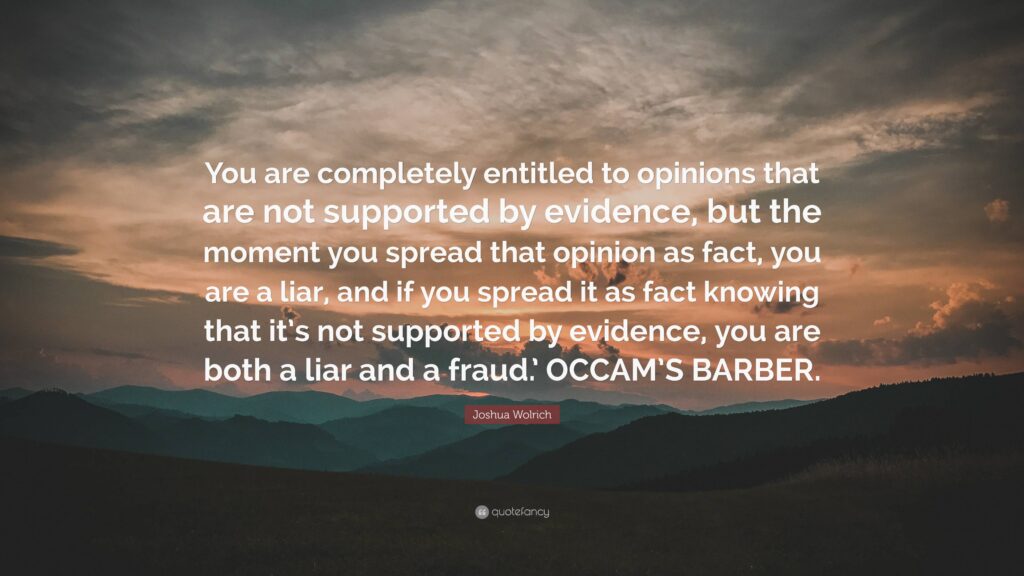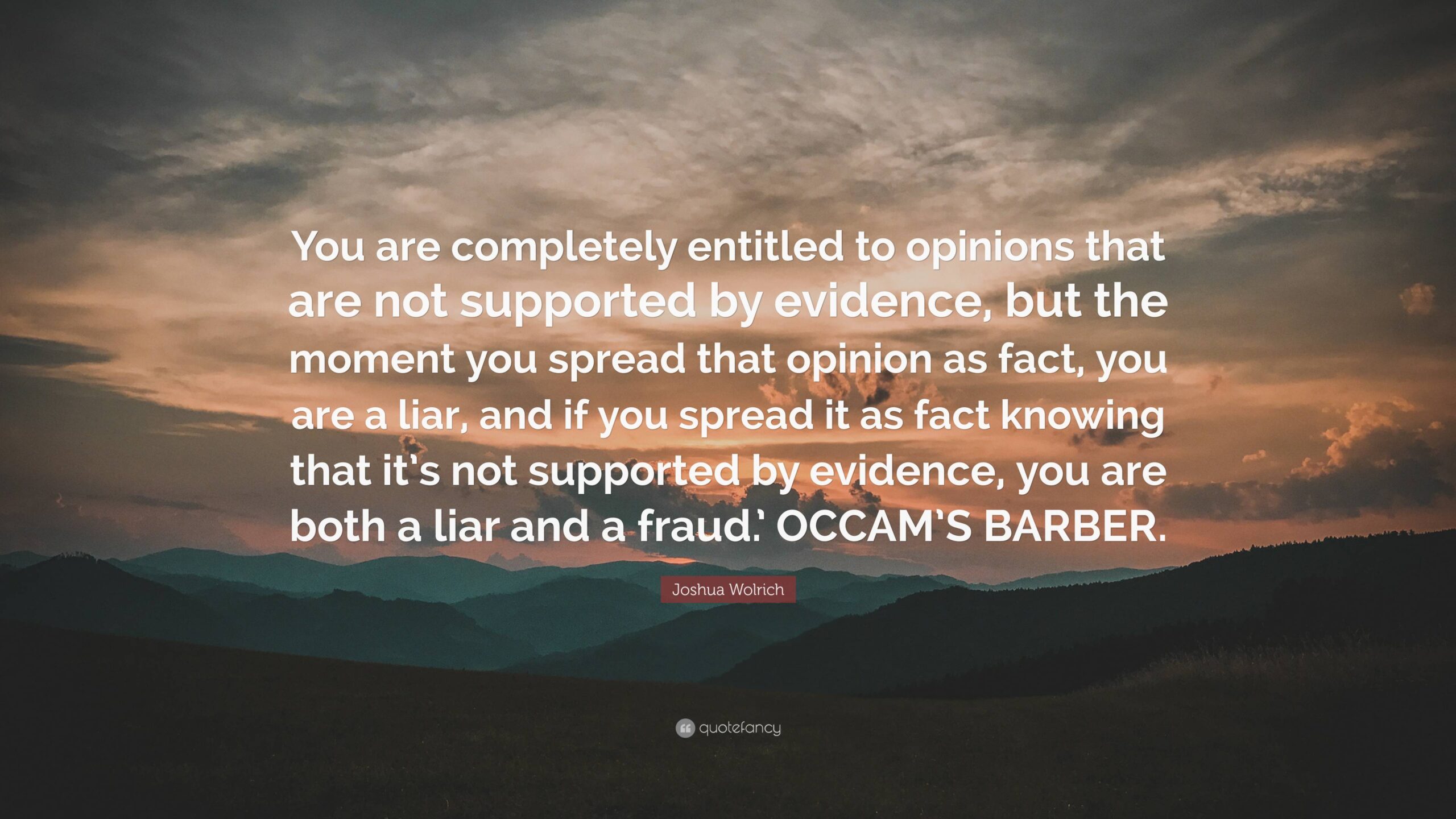
Unpacking the “Your Entitled” Label: Understanding the Roots and Repercussions
The phrase “your entitled” is a common accusation hurled in various contexts, from interpersonal relationships to broader societal discussions. But what does it really mean? This article delves into the complexities of entitlement, exploring its origins, manifestations, and the impact it has on individuals and society as a whole. Understanding the nuances of entitlement allows for more productive conversations and a clearer path toward addressing its underlying causes.
Defining Entitlement
At its core, entitlement is the belief that one is inherently deserving of privileges, benefits, or preferential treatment, often without earning them or acknowledging the efforts of others. This sense of deservingness can manifest in a variety of ways, from expecting special treatment in customer service interactions to demanding specific outcomes in personal relationships. When someone is accused of being “your entitled”, it suggests they are perceived as having an inflated sense of self-importance and an unreasonable expectation of favorable treatment. The accusation often carries a negative connotation, implying a lack of empathy, gratitude, and awareness of the needs and perspectives of others.
The Roots of Entitlement
The development of entitlement is a complex process influenced by a multitude of factors. These factors often intersect and reinforce each other, making it difficult to pinpoint a single cause. Understanding these contributing factors is crucial for addressing entitlement effectively.
Parenting Styles
Parenting plays a significant role in shaping a child’s sense of entitlement. Overindulgent parenting, characterized by excessive praise, a lack of boundaries, and the constant fulfillment of desires, can foster a belief that one is entitled to special treatment. Children raised in such environments may struggle to develop a realistic understanding of effort, responsibility, and the value of hard work. Conversely, authoritarian parenting, which emphasizes strict rules and control without providing adequate emotional support, can also contribute to entitlement. Children who feel deprived of autonomy and validation may develop a sense of deservingness as a way to compensate for their perceived lack of agency. The delicate balance lies in authoritative parenting, which combines warmth, responsiveness, and clear expectations.
Societal Influences
Societal norms and values also contribute to the prevalence of entitlement. In cultures that emphasize individualism, competition, and the pursuit of material success, individuals may feel pressured to achieve and acquire, leading to a sense of deservingness. The constant exposure to idealized images of wealth, beauty, and success through media and social media can further fuel these feelings. Furthermore, a culture of consumerism, which promotes instant gratification and the belief that happiness can be bought, can reinforce the idea that one is entitled to have their desires fulfilled. The phrase “your entitled” is often used to critique this pervasive sense of deservingness within a consumerist society. [See also: The Impact of Social Media on Self-Esteem]
Economic Factors
Economic inequality can exacerbate feelings of entitlement, both among the wealthy and the less affluent. Those who are privileged may develop a sense of deservingness based on their perceived superiority and the belief that their success is solely due to their own efforts. Conversely, those who are struggling financially may feel entitled to assistance or compensation, particularly if they perceive the system as unfair or rigged against them. This sense of deservingness can stem from a feeling of being overlooked or undervalued by society.
Manifestations of Entitlement
Entitlement manifests in a variety of ways, affecting personal relationships, professional settings, and interactions with the broader community. Recognizing these manifestations is the first step towards addressing them.
Personal Relationships
In personal relationships, entitlement can manifest as a lack of empathy, an unwillingness to compromise, and a tendency to demand attention and validation. Individuals with a strong sense of entitlement may struggle to appreciate the efforts of their partners, friends, or family members, and may take their contributions for granted. They may also be quick to blame others for their own problems and unwilling to take responsibility for their actions. The constant feeling of being “your entitled” can severely strain relationships, leading to conflict, resentment, and ultimately, dissolution.
Professional Settings
In the workplace, entitlement can manifest as a lack of respect for authority, a disregard for deadlines and procedures, and a belief that one is entitled to promotions and raises without demonstrating adequate performance. Individuals with a strong sense of entitlement may be unwilling to take on tasks that they perceive as beneath them, and may expect special treatment or accommodations. This can create a toxic work environment and undermine team morale. They might believe “your entitled” to a corner office without putting in the necessary work.
Interactions with the Community
In interactions with the broader community, entitlement can manifest as a disregard for rules and regulations, a sense of superiority over others, and a belief that one is entitled to preferential treatment. Individuals with a strong sense of entitlement may cut in line, park illegally, or litter without regard for the impact of their actions on others. They may also be quick to complain or demand special treatment in customer service interactions. This behavior can contribute to a sense of social unease and undermine the collective good. The feeling of being “your entitled” to special treatment can create friction and resentment within the community.
The Repercussions of Entitlement
Entitlement has far-reaching repercussions, affecting individuals, relationships, and society as a whole. Addressing entitlement is not only beneficial for those who exhibit entitled behaviors but also for the well-being of the community.
Individual Impact
For individuals, entitlement can lead to a sense of dissatisfaction and unhappiness. While they may initially enjoy the benefits of special treatment or unearned privileges, they may struggle to develop resilience, adaptability, and a strong sense of self-worth. They may also find it difficult to form meaningful connections with others, as their entitlement can alienate them from potential friends and partners. The constant feeling of needing to be “your entitled” can lead to anxiety and insecurity.
Relational Impact
In relationships, entitlement can lead to conflict, resentment, and ultimately, dissolution. Individuals who feel entitled may struggle to empathize with their partners, friends, or family members, and may be unwilling to compromise or take responsibility for their actions. This can create a toxic dynamic characterized by power imbalances, manipulation, and emotional abuse. The accusation of being “your entitled” can be a devastating blow to a relationship.
Societal Impact
On a societal level, entitlement can contribute to inequality, injustice, and a decline in civic engagement. When individuals feel entitled to special treatment or unearned privileges, they may be less likely to support policies or initiatives that promote fairness and equality. They may also be less likely to participate in community activities or contribute to the collective good. This can undermine social cohesion and create a society characterized by division and resentment. The pervasive feeling of being “your entitled” can erode the foundations of a just and equitable society. [See also: The Importance of Community Engagement]
Addressing Entitlement
Addressing entitlement requires a multi-faceted approach that targets both individual behaviors and the societal factors that contribute to its development. This involves promoting empathy, fostering gratitude, and challenging the narratives that perpetuate a sense of deservingness.
Cultivating Empathy
Empathy is the ability to understand and share the feelings of others. Cultivating empathy can help individuals to recognize the perspectives and needs of those around them, and to challenge their own sense of entitlement. This can involve actively listening to others, seeking out diverse perspectives, and engaging in acts of service or volunteer work. Trying to understand where someone is coming from instead of immediately labeling them as “your entitled” can be incredibly helpful.
Fostering Gratitude
Gratitude is the appreciation of the good things in one’s life. Fostering gratitude can help individuals to recognize the efforts of others and to appreciate the privileges they have been afforded. This can involve practicing gratitude journaling, expressing appreciation to others, and focusing on the positive aspects of one’s life. Regularly acknowledging the good things, big and small, can combat the feeling that you are “your entitled”.
Challenging Narratives
Challenging the narratives that perpetuate a sense of deservingness is crucial for addressing entitlement on a societal level. This involves questioning the values and beliefs that promote individualism, competition, and the pursuit of material success. It also involves promoting narratives that emphasize cooperation, compassion, and the importance of contributing to the collective good. Recognizing when someone is using the phrase “your entitled” as a weapon instead of a genuine observation is also important.
Conclusion
The phrase “your entitled” is more than just a simple accusation; it’s a reflection of a complex interplay of individual behaviors and societal influences. Understanding the roots and repercussions of entitlement is essential for fostering more empathetic, equitable, and fulfilling relationships and communities. By promoting empathy, fostering gratitude, and challenging the narratives that perpetuate a sense of deservingness, we can create a society where everyone feels valued, respected, and empowered to contribute to the collective good. The next time you hear someone say “your entitled”, consider the deeper context and the potential for a more constructive conversation.

